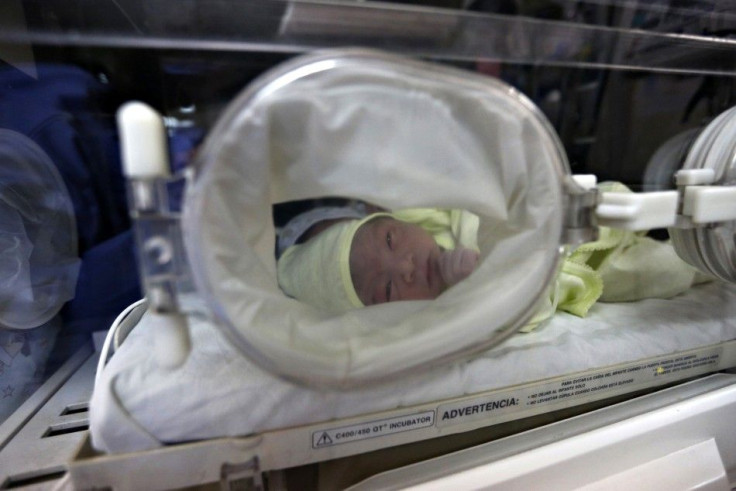Brain-dead Irish Woman Used as Live Incubator to Give Birth, Sparks Protests and Anger

Abortion has always been an issue over life and death, but Ireland doctors take it to a whole new level. A clinically dead or brain-dead Irish woman has been kept alive to serve as an incubator for her child. The 17-week pregnant patient has been serving as a cadaveric incubator against her family's will, according to The Guardian. The patient's relatives should now appeal to the court if they want to the treatment to stop.
There are always two sides to the debate and some advocates point out Ireland's constitutional ban on abortion. It is the only country known in the democratic arena to have such legislation. In fact, according to The Guardian, the eighth amendment of the constitution states that the life of a pregnant woman cannot be chosen over that of the fetus. After sometime and in 2013, the government gave way for the protection of life during the pregnancy bill. People on the other side, Abortion Rights Campaign, pointed out that the bill was extremely restrictive making it impossible for suicidal teenage rape victims to get any abortion. The Guardian went as far to say that people should be angry over the decision.
The National Review argues differently. Despite the requests of the family to save the woman, Wesely J. Smith pointed out that preserving the body of the patient can help save the baby. Despite The Guardian's claims:
"It is right to be angry and upset in the face of injustice... Be angry that a dead woman's body is being used as an incubator."
National Review notes that while the pain of the family is expected, the patient's body is not being harmed in any way. Doctors are using the body presently to let the unborn child gestate just enough until it can survive on its own.
Those supporting the use of the patient's body to save her child defend that it is not wrong to try and give life to a new one. More importantly, National Review pointed out additionally that the greater good should matter in this regard. The Guardian begged to disagree ending the report with a note: "These are women's lives. And that is what matters here."




















